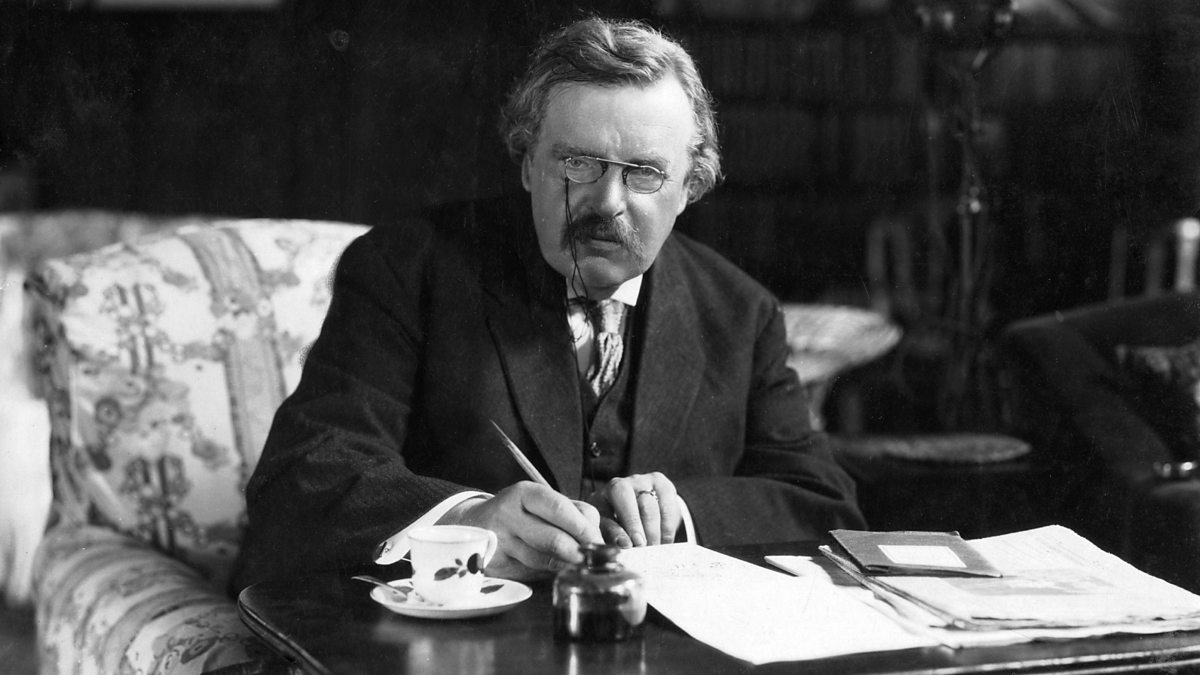Siegmund
Well-known member
I've been patiently watching this thread for a while now, waiting to see if I was ever going to succeed in deciphering where some of you put the boundary between traditional and folk (I've concluded I probably won't), and also been trying to make sense of how I use the two terms myself.
I mostly think of "traditional" as a synonym for "composer unknown." I can think of two different definitions I might use for "folk": either "music passed on by oral tradition, not notation", or "music not originally intended for professional performance" (entertaining friends at community dances, putting babies to sleep, not entertaining your local prince or archduke and not selling a million record albums.)
That leaves a huge body of things I call both-traditional-and-folk: a large majority of our fiddle tunes and nursery rhymes, a good number of Christmas carols, a modest number of the oldest polkas. (It leaves 'traditional but not folk' almost but not quite empty: for me, that means things like Gregorian chants, or the surviving court music from Henry VIII's time.)
It also leaves a lot of "folk revival" in its own not-really-authentic-folk-music category --- in much the same way that a Johann Strauss polka is not a country dance, it's an urban professional making a ballroom-suitable imitation of a country dance.
Individual groups certainly use 'traditional' to describe the boundaries of their specific tradition. I can see a Scot using it specifically to refer to airs, jigs, reels, and strathspeys, including new compositions if they strictly adhere to the old form. But that feels like a different domain-specific use of the word, not its everyday meaning in music.
I mostly think of "traditional" as a synonym for "composer unknown." I can think of two different definitions I might use for "folk": either "music passed on by oral tradition, not notation", or "music not originally intended for professional performance" (entertaining friends at community dances, putting babies to sleep, not entertaining your local prince or archduke and not selling a million record albums.)
That leaves a huge body of things I call both-traditional-and-folk: a large majority of our fiddle tunes and nursery rhymes, a good number of Christmas carols, a modest number of the oldest polkas. (It leaves 'traditional but not folk' almost but not quite empty: for me, that means things like Gregorian chants, or the surviving court music from Henry VIII's time.)
It also leaves a lot of "folk revival" in its own not-really-authentic-folk-music category --- in much the same way that a Johann Strauss polka is not a country dance, it's an urban professional making a ballroom-suitable imitation of a country dance.
Individual groups certainly use 'traditional' to describe the boundaries of their specific tradition. I can see a Scot using it specifically to refer to airs, jigs, reels, and strathspeys, including new compositions if they strictly adhere to the old form. But that feels like a different domain-specific use of the word, not its everyday meaning in music.

